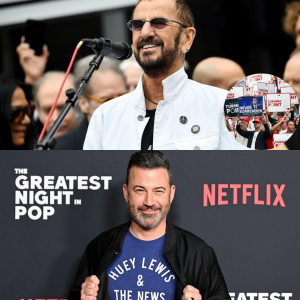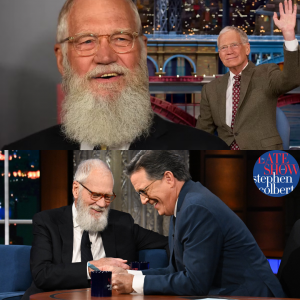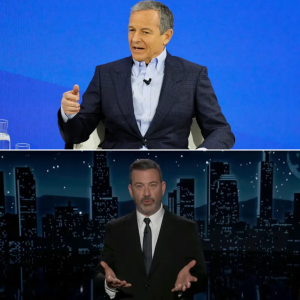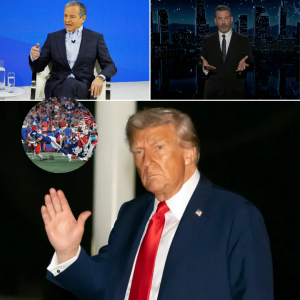Trump’s War on Media Intensifies: ‘Networks Should Lose Licenses for Criticizing Me’—Will This Spark a Full-Scale Media Battle?
President Donald Trump has escalated his campaign against media outlets critical of him, suggesting that television networks should have their broadcast licenses revoked if they consistently portray him negatively. This assertion comes in the wake of ABC’s suspension of “Jimmy Kimmel Live!” following the host’s controversial remarks about the assassination of conservative commentator Charlie Kirk.
The Trigger: Kimmel’s Controversial Remarks

During a recent monologue, Jimmy Kimmel criticized President Trump’s response to Charlie Kirk’s death, implying that the individual accused of the shooting was affiliated with Trump’s MAGA movement. This led to a strong reaction from the Federal Communications Commission (FCC), with Chairman Brendan Carr warning that such content could jeopardize broadcast licenses. Under mounting pressure, ABC decided to suspend the show indefinitely.
Trump’s Response and Allegations
President Trump responded by claiming that many media networks provide him with “97% bad publicity.” He suggested that these networks, which he believes are biased against him, should face consequences, including potential license revocations. Trump praised FCC Chairman Brendan Carr, a Trump appointee, as a “patriot” and implied that the decision to revoke licenses would be up to Carr. People.com
Legal and Constitutional Concerns
Critics argue that such actions could infringe upon the First Amendment rights of free speech and press. FCC Commissioner Anna Gomez, the sole Democrat on the commission, criticized the Trump administration for what she described as the politicization of the FCC’s authority. She accused the administration of “weaponizing its licensing authority” to exert control over broadcasters. Axios
Broader Implications

This development raises significant questions about the balance between government influence and media independence. The potential for increased government intervention in media operations could set a precedent that affects the future of free expression in the United States.
As this situation unfolds, it remains to be seen how the media industry and the public will respond to these challenges to journalistic freedom.





